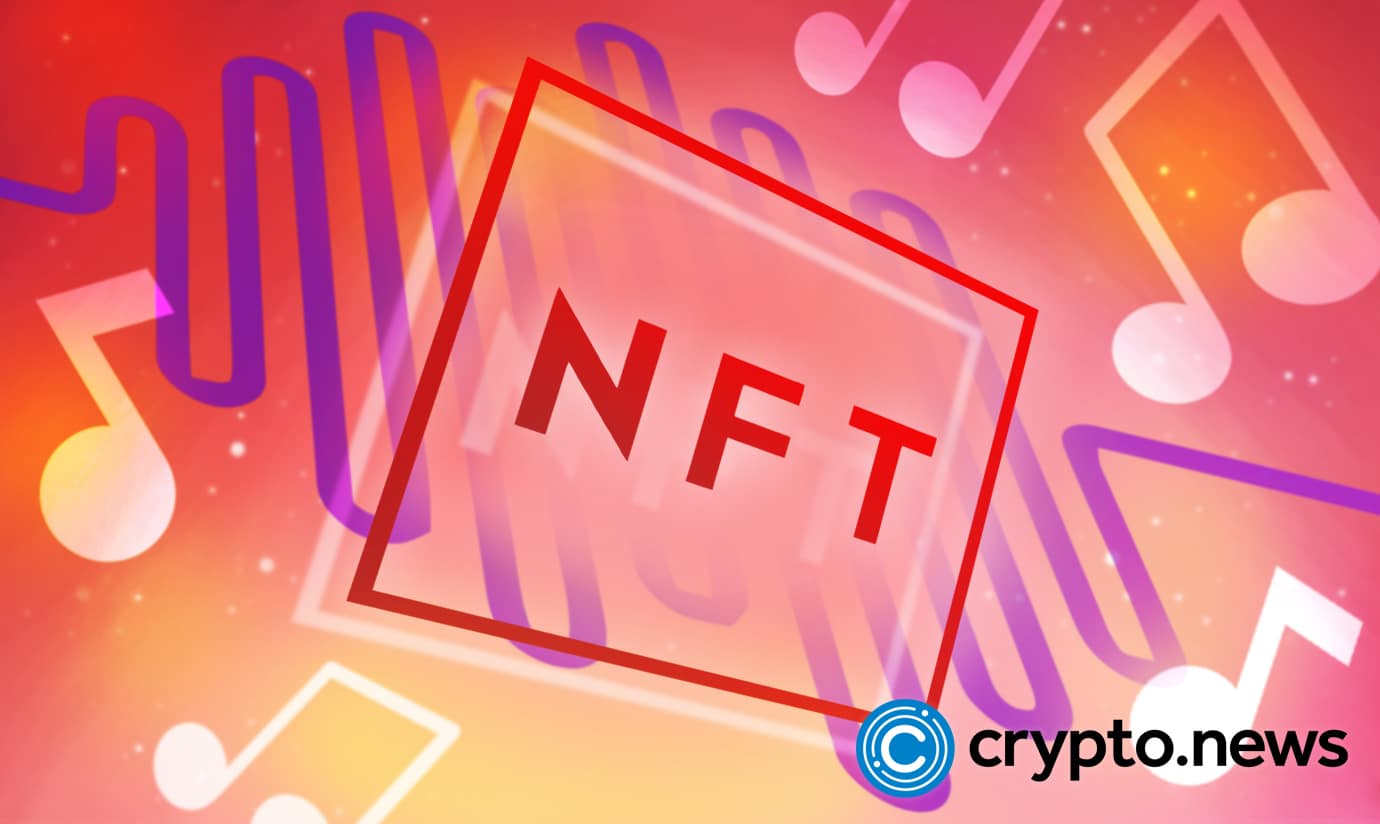Bitcoin (BTC) network activity has been increasing in recent days, soaring to levels last seen in May 2021. This follows the proliferation of on-chain non-fungible token (NFT) activities.
CryptoQuant highlighted this sudden uptick, citing the Network Activity Index chart. Data suggests that daily transactions on the bitcoin network have increased to 345,000, which constitutes the pinnacle level since April 2021. This enhancement in network activity can be attributed to the proliferation of P2TR transactions.
One of the catalysts behind the expansion of P2TR transactions is the deployment of taproot scripts on the bitcoin network in November 2021. These scripts provide more efficient and confidential utilization of smart contracts, thereby augmenting the growth in the daily number of transactions.
Additionally, the average bitcoin block size reached an all-time high due to the growing number of entries inscribed on the blockchain. The Network Activity Index reveals that larger block sizes positively impact network activity, as evidenced by a few recent bitcoin blocks exceeding the 4MB block size limit, which was the largest in the history of Bitcoin.
On Feb. 1, CryptoQuant senior analyst Julio Moreno called attention to the mining of a 4MB block on the bitcoin network in the wake of the Ordinals NFT project deployment. Although transaction fees have slightly increased recently, they remain lower than congestion levels.
NFTs on bitcoin: do the pros outweigh the cons?
The CryptoQuant report notes that the proliferation of NFTs on the bitcoin network has the potential to bring more financial use cases to the network, thereby stimulating further demand for block space. This augmented demand will result in higher fees for miners, contributing to their long-term sustainability.
However, it is critical to remember that the inscription of non-fungible traits on satoshis – the modus operandi of the Ordinals project – may have adverse effects on privacy and fungibility. The launch of Ordinals by former bitcoin core developer Casey Rodarmor had sparked controversy within the community, as several enthusiasts bemoaned the potential impact on block space and fees.
Though some proponents like bitcoin educator Dan Held have lauded the project, pointing out its potential benefits, others, such as Blockstream CEO Adam Back, call it a complete waste of time and block space.
Bitcoin core developer Luke Dashjr criticized the project, as NFTs dominated block space shortly after Ordinals launched.
Credit: Source link
































